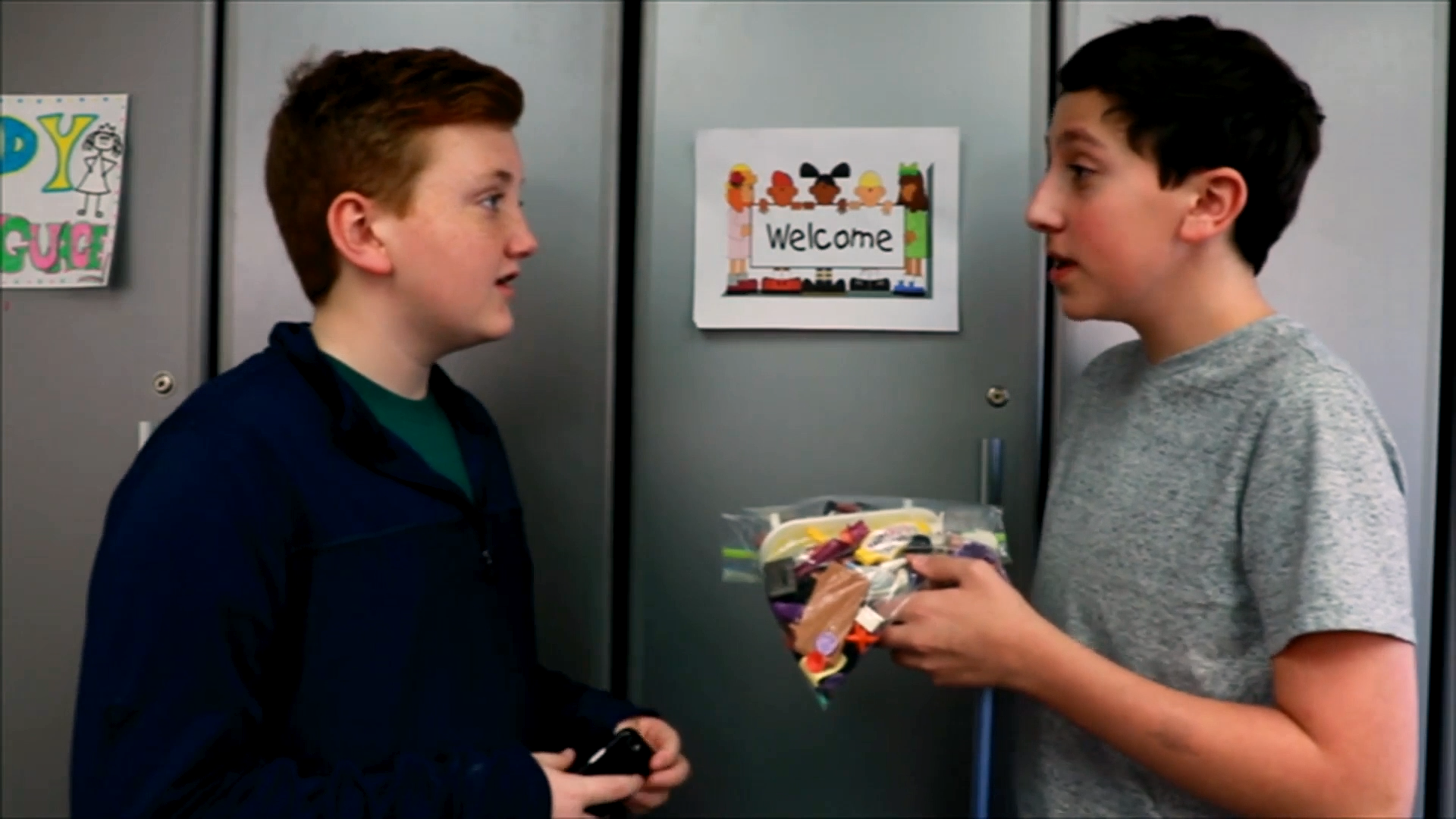
Introduction
Social-Emotional Learning (SEL) is an essential component in the development of students, particularly those in special education programs. Teaching and reinforcing social skills can help students build positive relationships, improve communication, and develop a strong sense of self-awareness. In this blog post, we will explore a no-prep activity that can be easily implemented in the classroom to teach social skills, as well as offer discussion questions, related skills, and next steps for educators.
No-Prep Activity: The Skyscraper Scenario
For this activity, you can use the following scenario as a starting point:
Josh: Hey, Matt. Want to play Legos with me? Matt: Sure! What should we build? Josh: I was thinking a skyscraper. Matt: Nice!
Here’s how to conduct the activity:
- Divide students into pairs or small groups.
- Read the scenario aloud to the class or display it on a board or screen.
- Ask students to identify the key components of the interaction between Josh and Matt, such as the greeting, eye contact, and asking to play.
- Have students practice the interaction in their pairs or small groups, taking turns playing the roles of Josh and Matt.
- After students have practiced the scenario, facilitate a class discussion about the importance of these social skills and how they can be applied in other situations.
Discussion Questions
To stimulate further discussions and promote deeper understanding, consider asking students the following questions:
- Why is it important to greet someone and make eye contact before asking them to play?
- How did you feel when you practiced the interaction? Did it become easier with practice?
- What other situations might require similar social skills?
- How can we adapt this activity for different types of play or activities?
- What other social skills can be practiced using this activity format?
Related Skills
In addition to the social skills practiced in the Skyscraper Scenario, there are many other related skills that can be beneficial for students in special education programs. These may include:
- Active listening
- Expressing emotions appropriately
- Respecting personal boundaries
- Problem-solving and conflict resolution
- Empathy and understanding others’ perspectives
Next Steps
As educators, it’s important to continuously incorporate Social-Emotional Learning into our teaching practices to help students develop essential life skills. To access more activities, discussion questions, and resources for teaching social skills to students in special education, consider signing up for free samples at Everyday Speech. By incorporating these resources into your lesson plans, you can help students build a strong foundation for success in their personal and academic lives.

